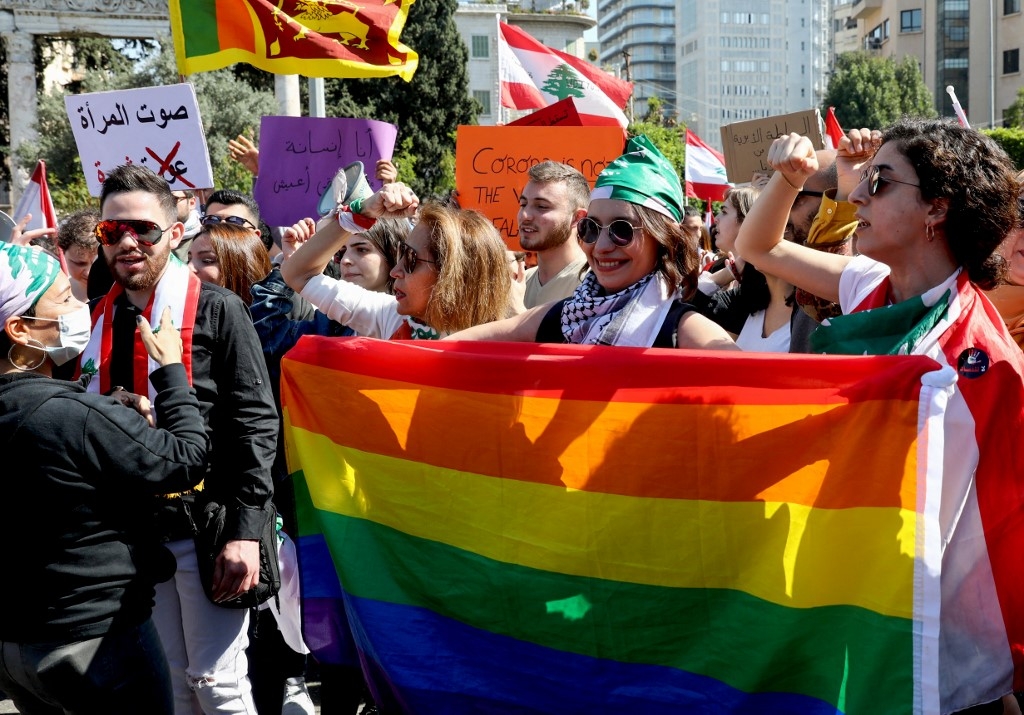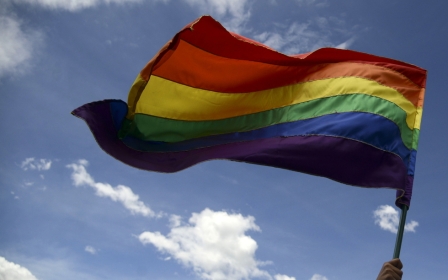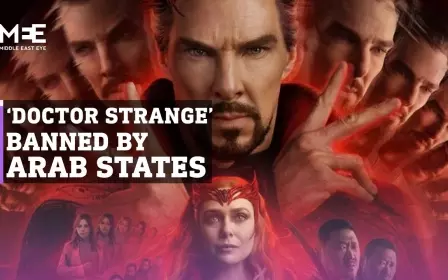Lebanon to break up LGBTQ+ gatherings after pressure from religious groups

Lebanon's interior minister has ordered the country's security forces to break up gatherings held by the country's LGBTQ+ community after facing pressure from religious groups.
Bassam Mawlawi told Lebanon's Internal Security Forces to "immediately take the necessary measures to prevent any type of celebration, meeting or gatherings" by the community.
"This phenomenon is contrary to the habits and customs of our society" and religious principles, Mawlawi said, adding that "personal freedoms cannot be invoked".
Mawlawi's orders come after alleged "calls on social media to organise parties and events promoting homosexuality in Lebanon, and following communications from religious figures rejecting the spread of this phenomenon".
Despite enjoying more freedoms than other countries in the region, the LGBTQ+ community in Lebanon still lacks basic rights and often faces harassment by the authorities.
LGBTQ+ events are regularly cancelled in Lebanon, often at the behest of religious groups, with security forces raiding nightclubs and other spaces frequented by the LGBTQ+ community.
Lebanon's Sunni Muslim Mufti Abdel Latif Derian has said that Dar al-Fatwa, the country's top Sunni religious authority, "would not allow the legalisation of homosexuality".
In 2019, a top Lebanese music festival cancelled a concert by Mashrou' Leila, arguably the country's best-known band, whose lead singer is openly gay.
Clerics had called for the cancellation of the concert in Byblos because some of the group's songs were deemed offensive to Christians.
Middle East Eye propose une couverture et une analyse indépendantes et incomparables du Moyen-Orient, de l’Afrique du Nord et d’autres régions du monde. Pour en savoir plus sur la reprise de ce contenu et les frais qui s’appliquent, veuillez remplir ce formulaire [en anglais]. Pour en savoir plus sur MEE, cliquez ici [en anglais].




